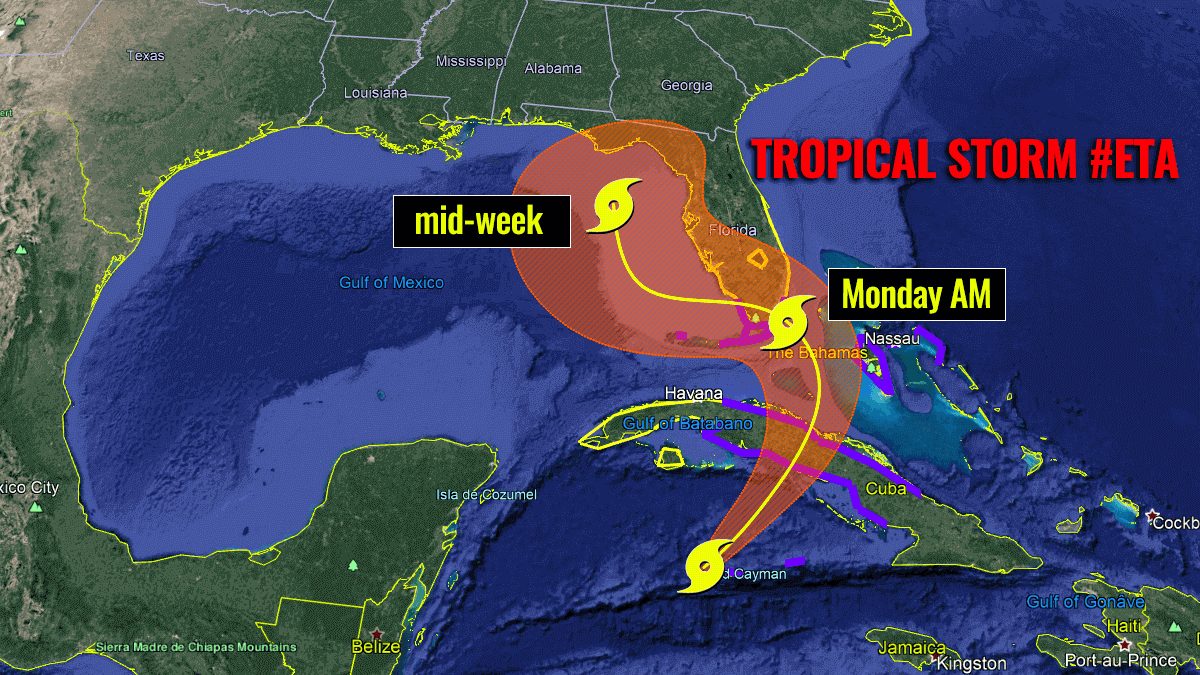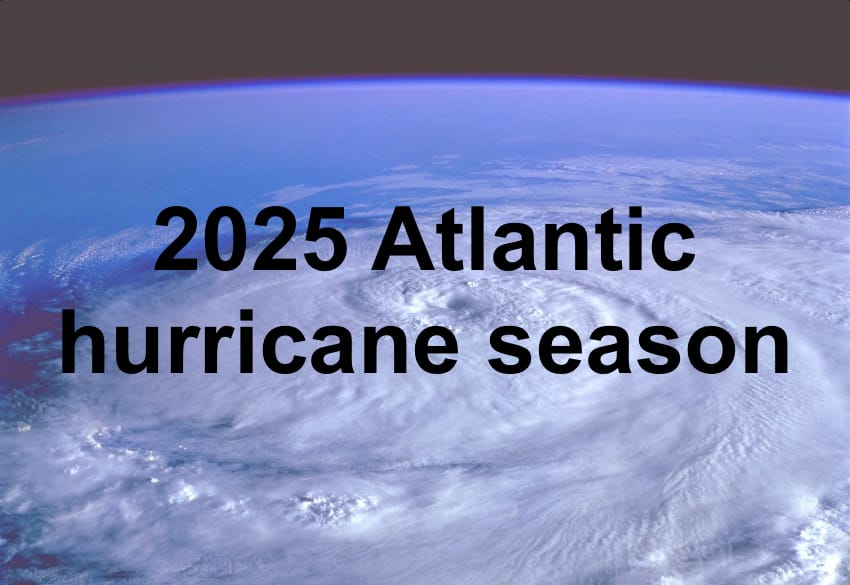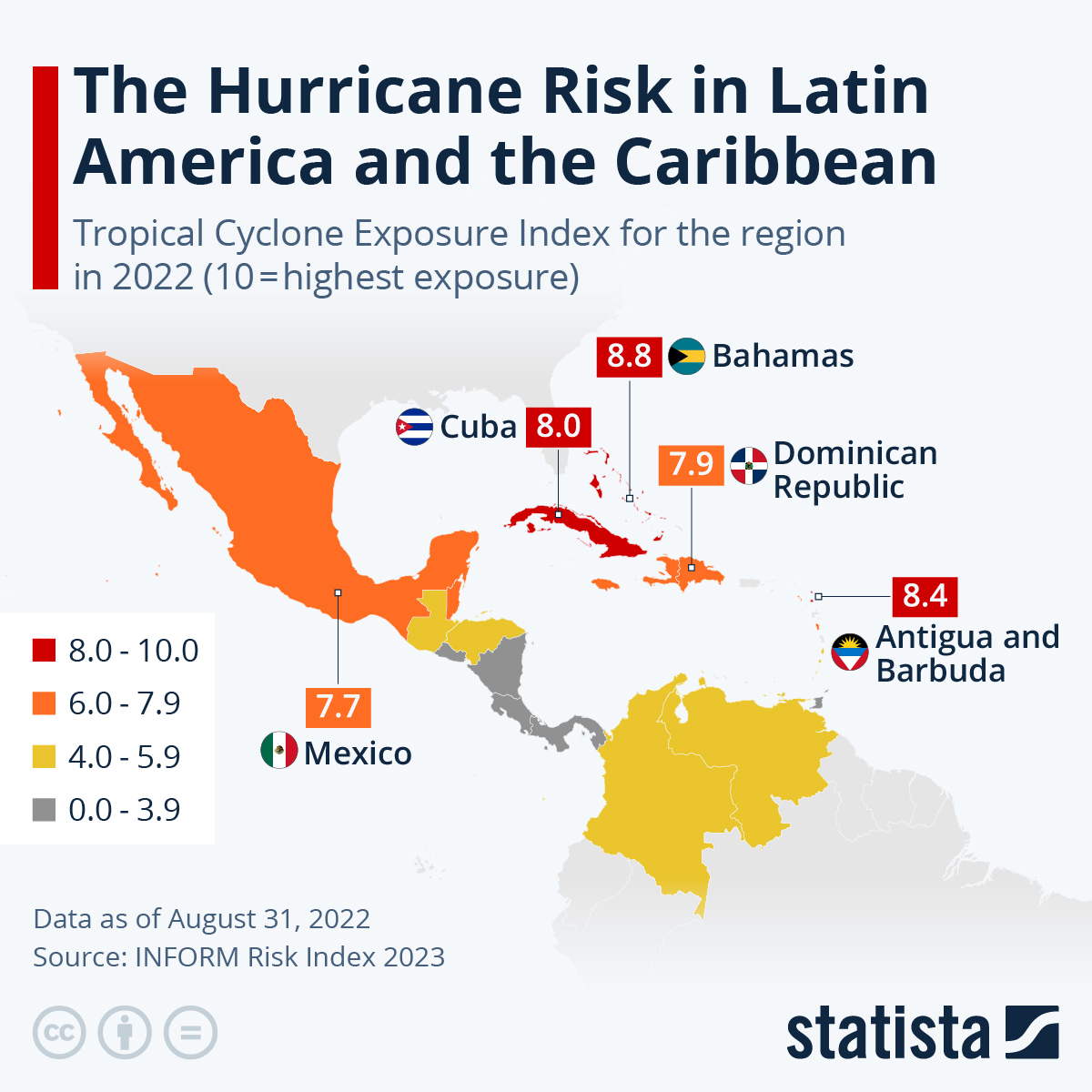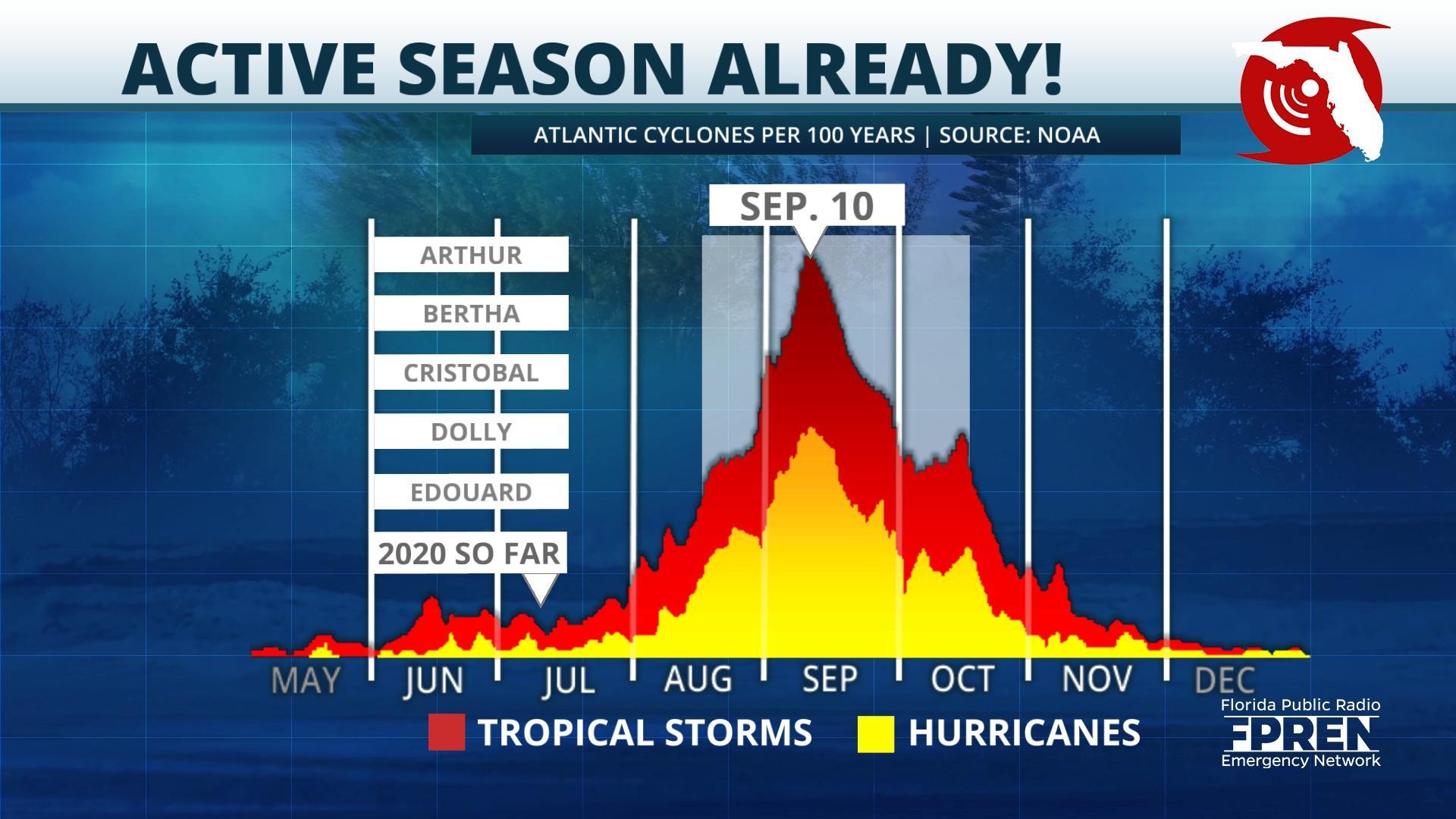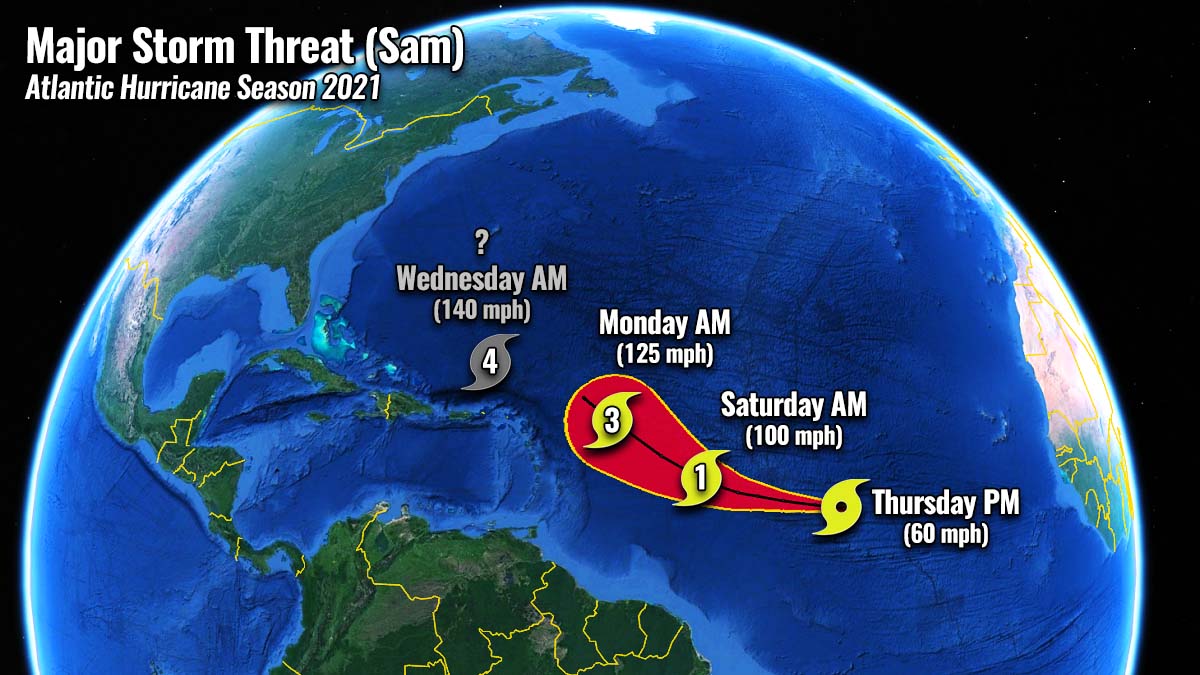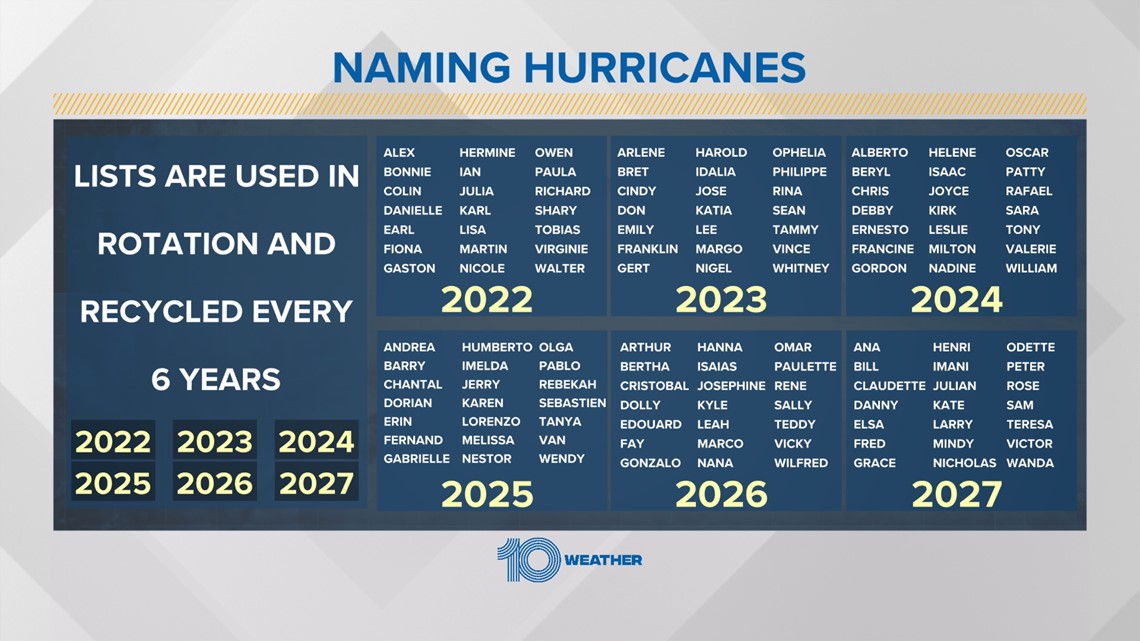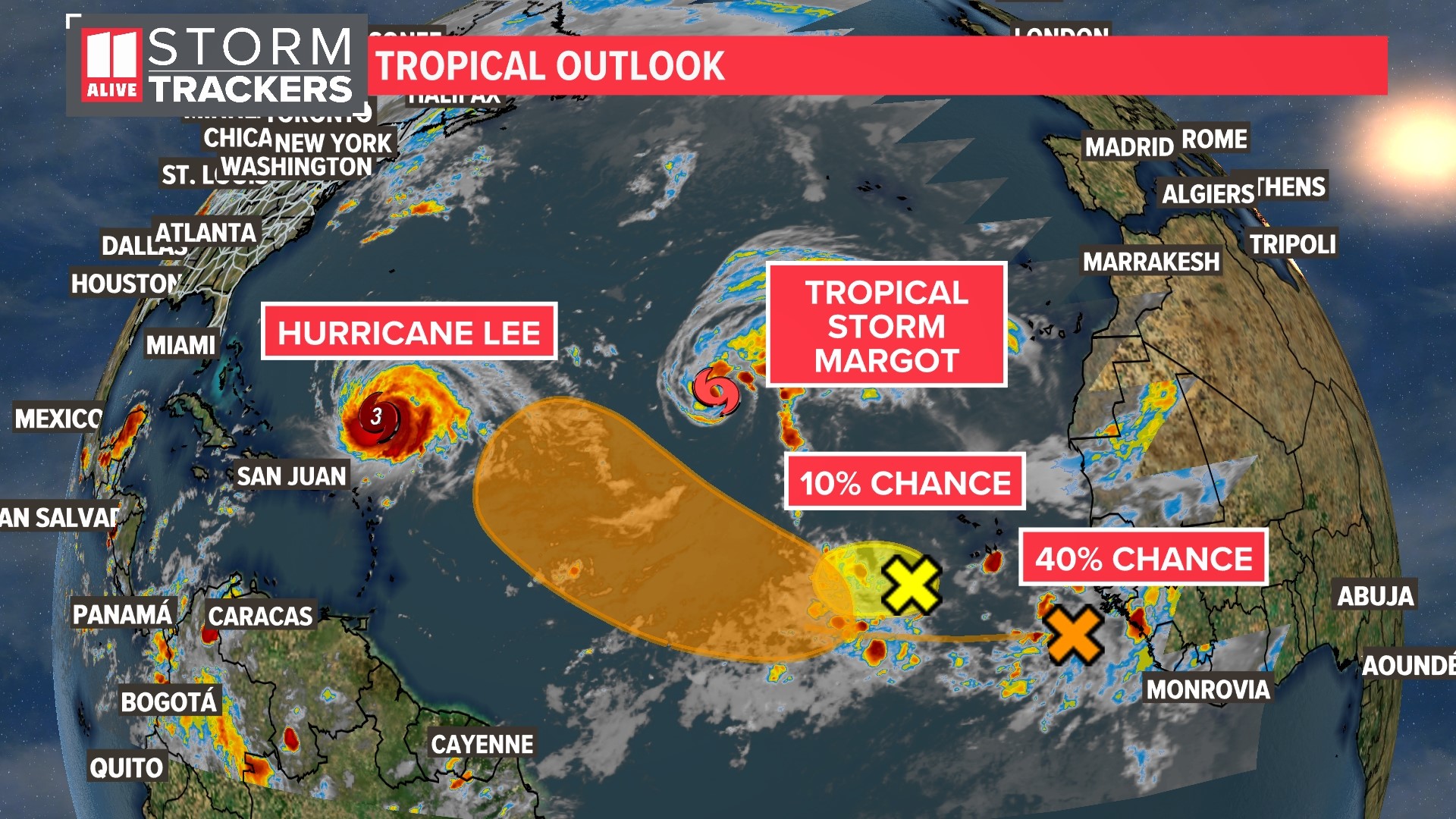When Is Hurricane Season In The Caribbean 2025
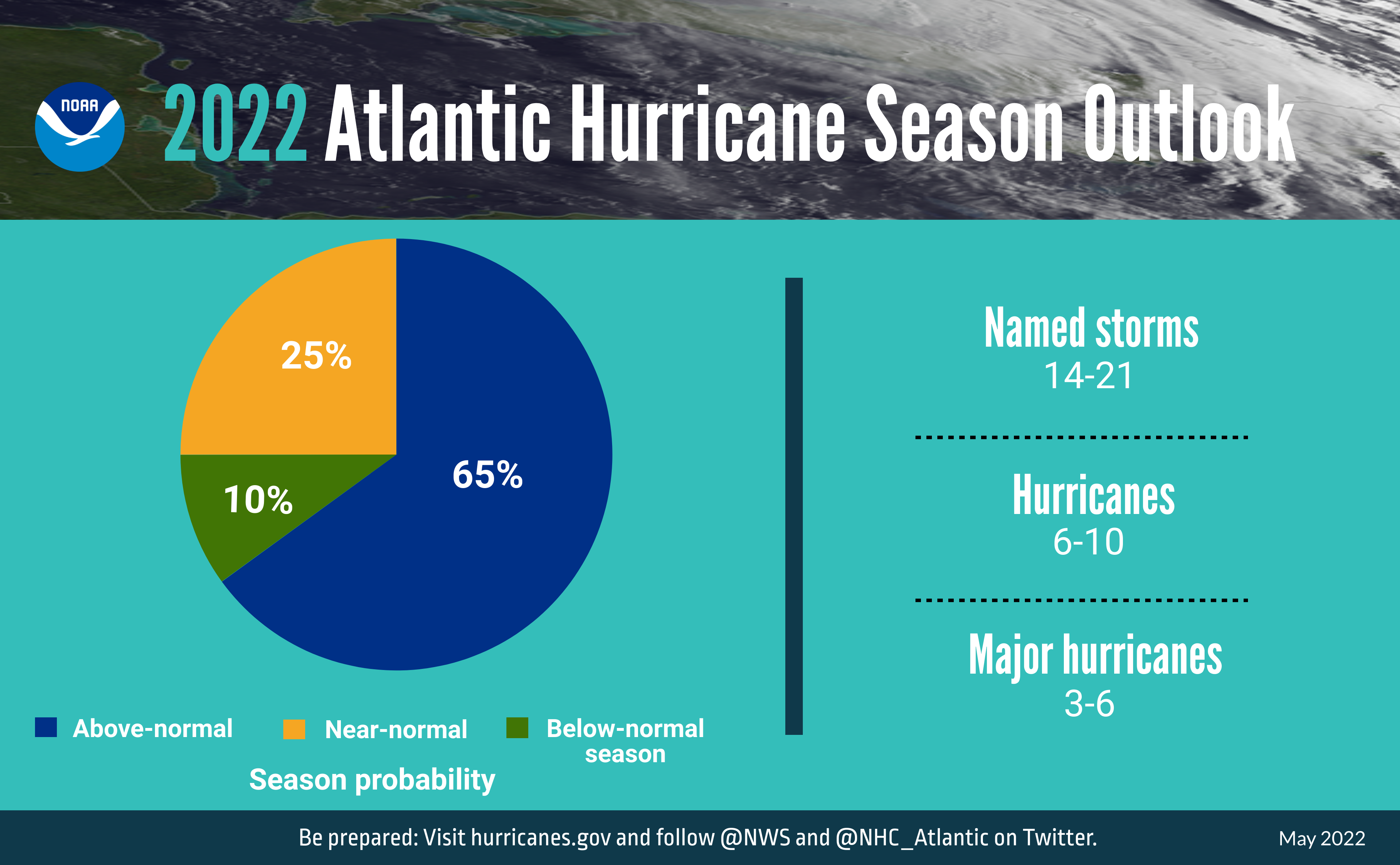
Imagine yourself lounging on a pristine beach in the Caribbean, the turquoise water gently lapping at the shore. The sun warms your skin, a gentle breeze rustles through the palm trees. But lurking in the background, an awareness hums – the rhythm of the seasons, and the knowledge that nature's beauty can sometimes be accompanied by powerful storms.
This article provides an informative guide to understanding the Caribbean hurricane season in 2025. We'll explore its typical timeframe, factors influencing its intensity, and how to stay prepared, allowing you to enjoy the Caribbean's allure with informed awareness.
Understanding Hurricane Season in the Caribbean
The Atlantic hurricane season, which includes the Caribbean, officially runs from June 1st to November 30th. While storms can technically form outside of these dates, the vast majority develop within this period. This timeframe is dictated by favorable atmospheric and oceanic conditions.
Sea surface temperatures are warmer during these months, providing the necessary energy for hurricanes to form. Furthermore, wind shear, the difference in wind speed and direction at different altitudes, is typically lower, allowing developing storms to organize and intensify.
Why is Hurricane Season Important?
Understanding hurricane season is critical for anyone living in or planning to visit the Caribbean. These powerful storms can bring devastating winds, torrential rainfall, and dangerous storm surges. Preparation is essential for minimizing risk and ensuring safety.
The Caribbean region is particularly vulnerable due to its geographic location and the presence of many small island nations. These islands often lack the infrastructure and resources to fully recover from major hurricanes, making preparedness and awareness even more crucial.
Predicting Hurricane Season 2025
Predicting the exact nature of a specific hurricane season well in advance is challenging. However, meteorologists use a variety of tools and data to make informed forecasts. These include analyzing sea surface temperatures, atmospheric patterns, and historical data.
Organizations like the National Hurricane Center (NHC) and National Oceanic and Atmospheric Administration (NOAA) release seasonal outlooks, typically in the spring, providing an indication of the expected activity level. These outlooks often categorize the season as being "above normal," "near normal," or "below normal."
El Niño and La Niña are two key climate patterns that significantly influence hurricane activity. El Niño conditions tend to suppress hurricane formation in the Atlantic, while La Niña conditions typically enhance it.
Factors Influencing Hurricane Intensity
Beyond the seasonal outlooks, several factors contribute to the intensity of individual hurricanes. Sea surface temperatures are a primary driver, as warmer waters fuel these storms.
Atmospheric conditions, such as wind shear and mid-level moisture, also play a critical role. Low wind shear allows storms to develop vertically without being disrupted, while ample moisture provides the necessary fuel for intensification.
Staying Prepared for Hurricane Season
Preparation is key to mitigating the risks associated with hurricanes. This involves having a comprehensive plan in place, both for residents and visitors.
For residents, this includes stocking up on essential supplies such as food, water, medications, and batteries. Securing homes by reinforcing windows and doors is also crucial.
Creating a communication plan with family members and neighbors is essential, ensuring everyone knows how to stay informed and where to go in case of an evacuation.
Visitors should closely monitor weather forecasts and heed any warnings or advisories issued by local authorities. Familiarize yourself with evacuation routes and emergency shelters in the area you are visiting.
Consider purchasing travel insurance that covers hurricane-related disruptions, such as flight cancellations and accommodation changes. Always follow the instructions and guidance provided by hotel staff or local officials.
Resources for Staying Informed
Staying informed is crucial during hurricane season. Reliable sources of information include the National Hurricane Center, local weather services, and news outlets.
The NHC website provides real-time updates on active storms, including their location, intensity, and projected path. Local weather services provide more specific information relevant to your particular area.
Consider downloading weather apps on your smartphone to receive alerts and updates directly. Having a battery-powered radio is also a good idea in case of power outages.
The Broader Impact of Hurricanes
Hurricanes have far-reaching consequences beyond the immediate destruction they cause. They can disrupt economies, displace populations, and damage ecosystems.
The tourism industry, a major source of revenue for many Caribbean islands, is particularly vulnerable to hurricanes. Damage to infrastructure and the perception of risk can deter visitors for months or even years.
Climate change is projected to exacerbate the intensity of hurricanes in the future. Warmer ocean temperatures and rising sea levels are expected to contribute to stronger storms and increased storm surge.
"Climate change is making hurricanes more intense, posing an increasing threat to vulnerable coastal communities," notes a report by the Intergovernmental Panel on Climate Change (IPCC).
Efforts to mitigate climate change and adapt to its impacts are essential to reducing the risks associated with hurricanes. This includes investing in resilient infrastructure, improving early warning systems, and promoting sustainable development.
Conclusion
As the 2025 hurricane season approaches, it's important to remember that knowledge is power. By understanding the risks, staying informed, and taking appropriate precautions, we can navigate this period with greater confidence and resilience.
The Caribbean is a region of stunning beauty and vibrant culture, and while hurricane season presents a legitimate concern, it doesn't have to overshadow the joy of experiencing this unique corner of the world. Responsible planning and awareness allow us to appreciate its wonders while respecting the forces of nature.
Let's embrace the opportunity to learn, prepare, and support each other as we navigate the 2025 hurricane season, ensuring the safety and well-being of ourselves, our communities, and the cherished islands of the Caribbean.
